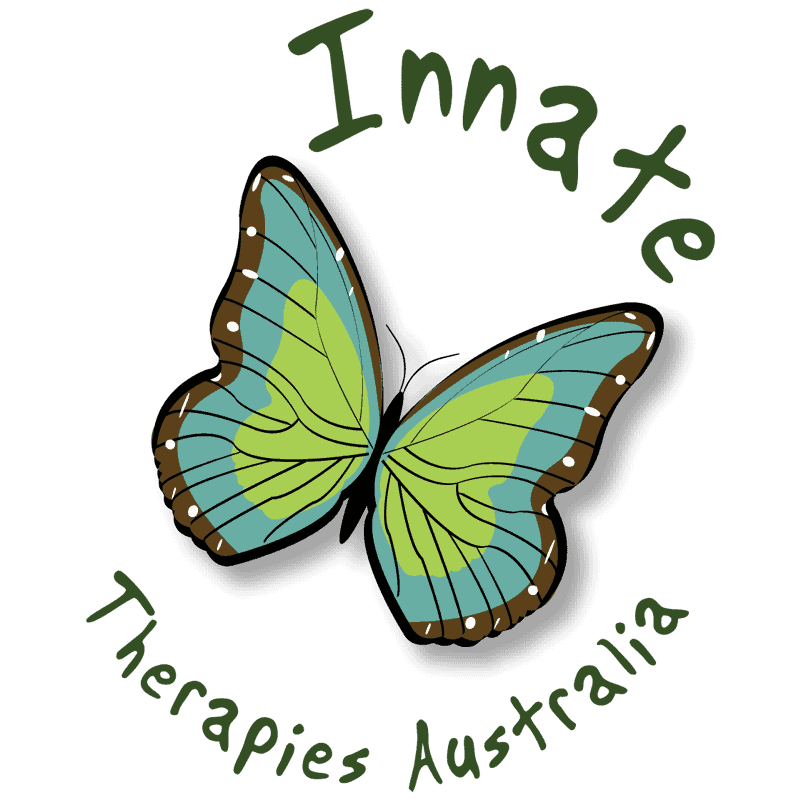Family dynamics can have a profound impact on our lives, shaping our personalities, beliefs, and self-esteem. Within some families, a toxic pattern known as scapegoating can develop, where one member is unfairly singled out and blamed for the family’s problems.
This role of the scapegoat can have lasting and detrimental effects on their mental and emotional well-being. This article discusses how scapegoats in families face challenges and offers strategies for healing from verbal abuse, emotional abuse, physical abuse and recovery.
Understanding the Scapegoat Role
The scapegoat in a family is the one who gets blamed and criticized for problems in the family. They may be seen as the “troublemaker,” “black sheep,” or the one who “can’t do anything right.”
For instance, a parent may unfairly blame a child for marital issues, financial struggles, or unfulfilled dreams, which is a classic example of scapegoating.
This can affect the child, resulting in problems in their life such as forming friendships, maintaining relationships, exhibiting disruptive behavior, experiencing anxiety, and showing reluctance to attend school.
People often unjustly assign this role, and it can have devastating consequences.
What harm can it do?
. Emotional Toll on Scapegoats
Scapegoats endure a significant emotional toll throughout their lives. They often carry feelings of shame, guilt, and worthlessness as a result of being constantly blamed for family issues. These emotions can lead to anxiety, depression, and low self-esteem, which can persist into adulthood.
- Impact on Self-Esteem
One of the most profound effects of being a family scapegoat is the impact on self-esteem. Constant criticism and blame can erode one’s self-worth, making it difficult to establish healthy relationships and pursue personal goals.
- Sibling Relationships
The dynamics between the scapegoat and their siblings can be complex. Siblings may either join in on scapegoating or sympathize with the scapegoat. This can lead to strained relationships and a sense of isolation for the scapegoat. Designating a single child as the preferred/favourite or cherished one may potentially cause feelings of insignificance among the other siblings.
Breaking Free from the Scapegoat Label
Recovery from the scapegoat role is possible, but it requires self-awareness and a commitment to healing.
Here are some strategies for breaking free from the scapegoat label:
- Seek Therapy
Therapy can be instrumental in helping scapegoats heal from the emotional wounds of their family dynamics. Innate Therapies, in Cairns can provide support, validation, and tools to rebuild self-esteem and set boundaries with family members.
We tailor some of our therapies to help clients express themselves through art or clay. We also have counselors ready to listen.
- Establish Boundaries
Setting healthy boundaries is crucial for scapegoats. Learning to say “no” and protect their emotional well-being can help prevent further emotional abuse.
- Self-Compassion
Practicing self-compassion is essential for healing. Scapegoats should learn to be kind to themselves, challenge negative self-talk, and embrace self-acceptance.

The Long-Term Effects of Scapegoating
The impact of scapegoating doesn’t end with childhood; it can persist into adulthood. It can affect various aspects of a person’s life, including:
- Relationships
Scapegoats may struggle with trust issues, making it challenging to form healthy relationships. They may also attract toxic partners who mimic the abusive dynamics of their family of origin.
- Career and Achievement
Low self-esteem and a lack of confidence can hinder a scapegoat’s career growth and overall success. Fear of failure and perfectionism may hold them back.
- Mental Health
Scapegoating can contribute to the development of mental health issues, such as depression, anxiety, and even post-traumatic stress disorder (PTSD). These conditions often require professional intervention to manage effectively.
Recognizing and Overcoming the Scapegoat Syndrome in Adulthood
As adults, former scapegoats may find themselves repeating the same patterns in their relationships and personal lives. Recognizing and overcoming the scapegoat syndrome is essential for breaking the cycle. Some steps to take include:
- Self-Reflection
You should identify patterns in your relationships and behavior that may have their roots in the scapegoat role. Understanding these patterns is the first step toward change.
- Self-Empowerment
Reclaim your power and agency. Recognize that you have the ability to make choices and change your circumstances. Recognise the signs of emotional abuse and do not blame yourself.
- Support Network
Surround yourself with supportive and understanding friends and loved ones who validate your experiences and encourage your healing journey.
The ongoing impact of the scapegoat within dysfunctional families is a deeply complex issue that can have lifelong consequences. It is important to understand the impact of the scapegoat on mental health, healing, and recovery. This understanding is crucial for individuals who have experienced this harmful family pattern. With the right support and self-care, former scapegoats can break free from the cycle and lead healthier, more fulfilling lives.
Remember that healing is a journey, and it’s never too late to start.
By seeking help, setting boundaries, and practicing self-compassion, former scapegoats can build a brighter future free from the weight of their past.

